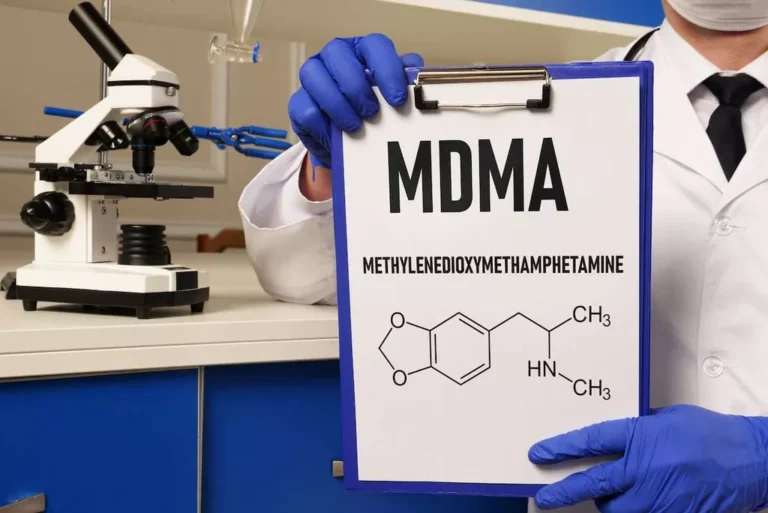
Calls to our general hotline may be answered by private treatment providers. We may be paid lowering alcohol tolerance a fee for marketing or advertising by organizations that can assist with treating people with substance use disorders. Addiction Resource does not offer medical diagnosis, treatment, or advice. Only trained and licensed medical professionals can provide such services.

Alcohol Tolerance and Changes in the Brain
It means that you can consume alcohol without showing signs of drunkenness, like slurred speech or behavioral changes. However, the development of alcohol tolerance can lead to further issues, such as physiological dependence and alcohol use disorder (AUD). Alongside other symptoms, it can also indicate the presence of an alcohol use disorder.
- If not, their tolerance to alcohol is allowing them to drink increasing amounts of alcohol.
- Talking to healthcare professionals can be a big help; they can give you advice and support that’s just right for your situation.
- A period of abstinence is the most effective way to lower alcohol tolerance.
- For many adult Americans, a nightcap is a welcome ritual at the end of the workday.
- This means that your brain and body are “out of practice” in terms of processing and responding to alcohol.
Environment-Independent Tolerance
It can affect anyone, so everyone has to be aware of the dangers of overconsumption. In others, like in Catholics, drinking is a part of crucial religious rituals, although tolerance and sensitivity don’t factor into the practice of communion, it does have proximity and acceptance of alcohol. On the other hand, there are other social groups that have opposite views on alcohol consumption. In some religions, like the Mormon Church, drinking is considered a sin and something that devoted churchgoers should not do. Another stereotype is that African-Americans and Latinos have a high rate of long-term alcoholism. One study found that while this is true, it’s not a genetic issue unique to these specific groups but, rather, a sign of the disparity in available treatment for these racial groups.
Behavioral Tolerance Development

These signs can be deceptive, leading individuals to believe they can safely consume more alcohol. However, high tolerance doesn’t protect against alcohol’s harmful effects on the body and can increase the risk of alcohol-related health problems. Unlike other forms of alcohol tolerance that develop over time and after numerous drinking sessions, the individual may develop tolerance in a single drinking session. It develops very fast and may also cause the user to indulge more in drinking bouts. A tolerance break is temporary abstinence from a substance to reduce or avoid chemical dependence and tolerance. Periods of abstinence can help you avoid building up a tolerance by not giving your body a chance to adapt to the drug.
“These strategies will maximize any good consequences of drinking while minimizing the not-so-good consequences,” Damask said. If you are worried about your alcohol use, take our alcohol test to find out what type of drinker you are. Be aware of how you are drinking so that you do not gradually start to drink more. AddictionResource.net, and its parent company Recovery Guide LLC, is not a provider of substance use disorder treatment services and receives compensation from Treatment X LLC in the form of paid advertising. We have strict sourcing guidelines and only link to reputable media sites, academic research institutions and, whenever possible, medically peer reviewed studies. All Addiction Resource content is medically reviewed or fact checked to ensure as much factual accuracy as possible.
- Epigenetic changes – modifications to gene expression without altering the DNA sequence – can also influence alcohol tolerance.
- Long-term risks include serious damage to the liver, increased risk of various cancers, cardiovascular problems, and brain damage, affecting cognitive functions and overall quality of life.
- Have you ever known someone who could consume large amounts of alcohol and not display any obvious signs of intoxication?
- This helpline is answered by Treatment X LLC, an addiction treatment provider with treatment facilities in Ohio, Pennsylvania, and California.
- It can affect anyone, so everyone has to be aware of the dangers of overconsumption.
- When alcohol is consumed regularly, the brain undergoes significant changes to maintain its normal functioning in the presence of alcohol.